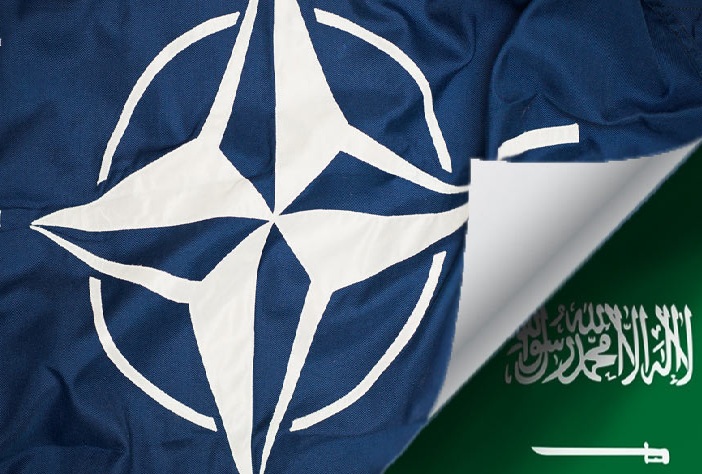The diplomatic interactions between the US, Arab countries, and the Israeli regime have increased recently to implement the plan which is described to form an anti-Iranian force.
But despite the media propaganda and gestures taken by the Arab rulers and their Western patrons, the analysts maintain that the plan to form a NATO-style Arab army is doomed to failure.
Many reasons can be cited for this description. First, the military alliance's members share no common strategy and outlooks. For instance, Turkey is named as a member of the Arab NATO while for Ankara leaders Tehran remains a leading trade partner with rich energy reserves. Moreover, Iran is one of the key regional actors that can help Turkey prevent establishment of a Kurdish state in the region.
Second, the (Persian) Gulf Cooperation Council (P)GCC members have never held common views and ideas and are always divided by discords. For example, the ties between the Saudi Arabia and the UAE which are supposed to be implementers of the plan are now seriously hit by differences in Yemen. The developments of the Yemen's southern province of Aden in past few weeks apparently disclose the depth of the Riyadh-Abu Dhabi division.
On the other side, Jordan and Egypt have shown little interest in joining the Arab military organization. The two countries taking distance from the Saudi-led Yemen war lays bare the fact that their disagreement with the other Arab countries is real. A month ago, Saudi Arabia said Egypt failed to send ground forces to Yemen in accordance with its promises, something later denied by the Egyptian officials.
Additionally, Tehran, a major rival of Riyadh in the region, holds friendly relations with some Arab countries such as Iraq and Oman, a member of the six-nation Persian Gulf Cooperation Council.
Also, the (P)GCC member states are grappling with economic hardships. Last year, Saudi Arabia said its budget deficit was $52.8 billion, the economy’s larges deficit in decades.
To know why the Arab NATO project is doomed to failure, one should look at the Syrian conflict. The Arab countries along with their Western allies provided the anti-Damascus militant groups with large amounts of money hoping to topple the Syrian government led by President Bashar al-Assad and so partition the country to smaller parts. But whenever the militant groups make gains on the ground, their infighting erupts, and at the same time the struggle over expansion of sway starts behind the scenes between their backers.
During the past six years of the Syrian war, the opponents of Damascus and their backers never agreed on a leader for the opposition camp. Therefore, it is almost unlikely to envision that the Arab countries will agree on formation of a consistent military and security organization.
/106

